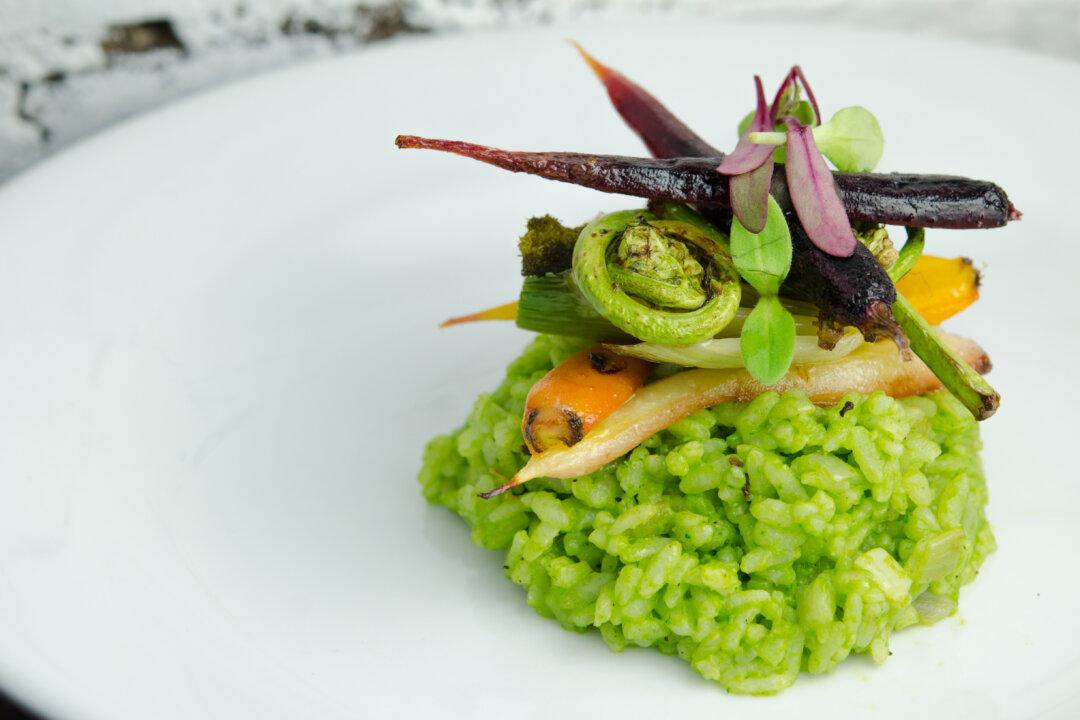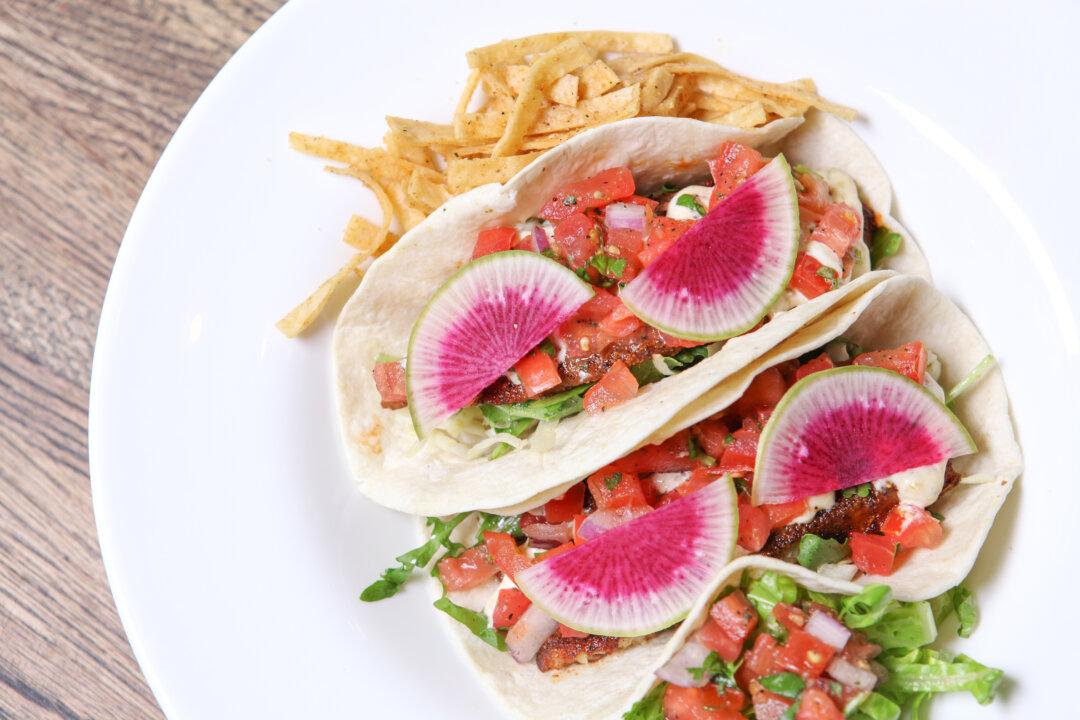If you have been the lucky recipient of feng li su, or pineapple cake, from someone who loves you in Taiwan, you know how delicious these bite-sized rectangular prisms are. Pineapple cake has a crumbly and buttery blanket of crust filled with mildly sweet and tangy pineapple jam.
Origins
In Chinese, “feng li” means pineapple and “su” means shortcake.
These pineapple delights date back to China’s Three Kingdoms Dynasty, about 1,700 years ago.
After the fall of the Han Dynasty, the Three Kingdoms were made up of the Wei, Shu, and Wu kingdoms. At the time, the Shu and Wu kingdoms wanted to form a union to overthrow the more powerful Wei kingdom, so the emperor of Shu married the younger sister of Wu’s emperor. Because it is customary for the groom to send engagement gifts to the bride’s family, Shu’s emperor sent a giant pineapple cake among other gifts.
The significance? Feng li is a homophone in the local dialect for “ong lai,” which directly translates to “prosperity has come.” Another belief is that the cake would bring good luck to anyone who ate it, making it an appropriate and thoughtful engagement present.
A Best-Selling Souvenir
Over the years, pineapple cakes got smaller, evolved beyond engagement treats, and became synonymous with Taiwan. According to Taipei City Tourism Bureau, pineapple cakes are one of the country’s best-selling souvenirs.
With pineapples as one of Taiwan’s main export goods around the 1970s, locals had to think of ways to use up the abundance of fruit. Pastry chefs discovered that adding winter melon to pineapples yielded the perfect pineapple jam. It retained the fruit’s slightly acidic appeal, but not in an overly tangy way.
As consumers grew more health conscious and concerned about artificial food additives in traditional pineapple cakes, a new prototype of pineapple treats, tu (dirt) feng li su, or authentic pineapple cakes, are being introduced. In this case, authentic means that the pineapple jam is closer to the fruit’s natural raw form without additives, even winter melon. These tu feng li su tend to be zestier and more fibrous, with a lighter, more crumbly crust.
The next time your friends’ mention they’re going back to Taiwan, be sure to give them a little elbow nudge for the pineapple cakes. Throw in lots of pleases and thank yous while you’re at it. I recommend Sunny Hill for tu feng li su and Chia Te for traditional feng li su).





